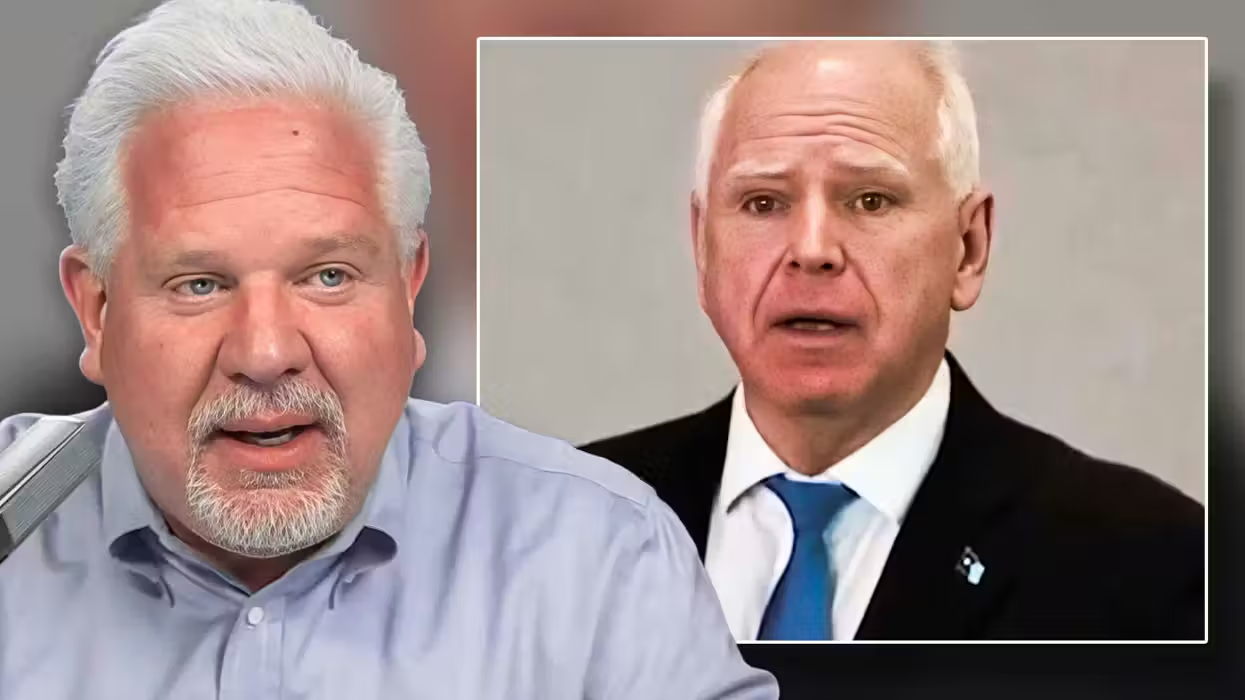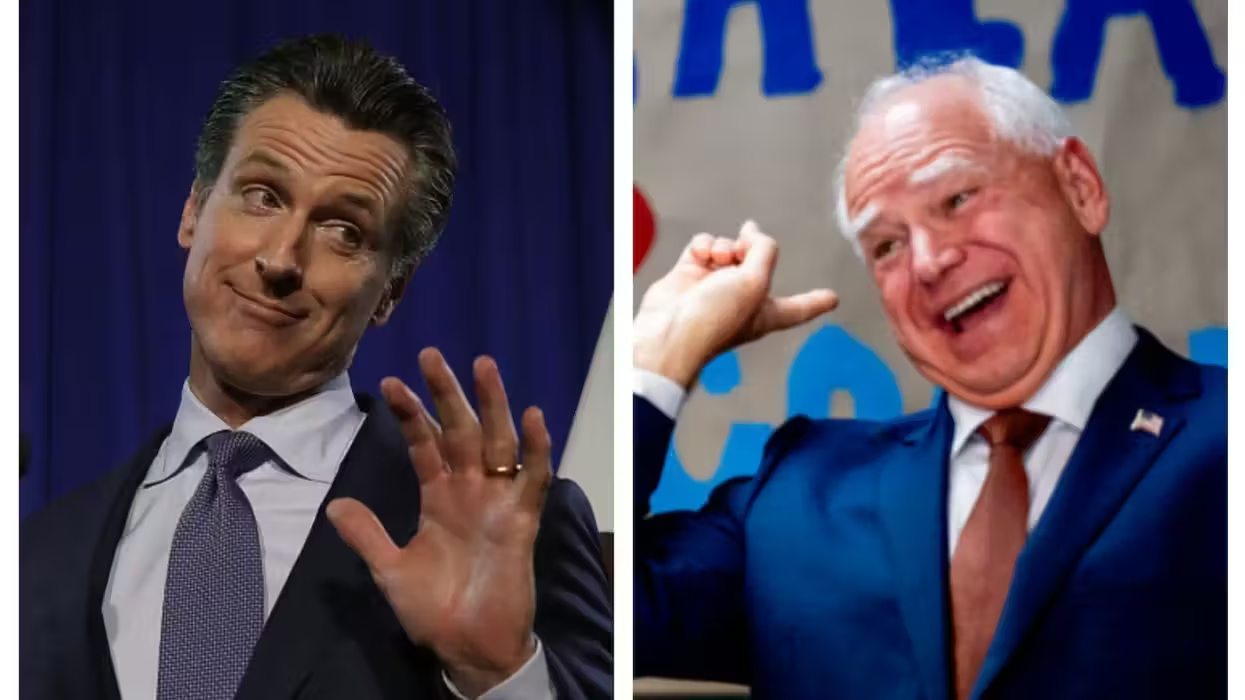President Barack Obama will face down the final two years of his presidency with Republican majorities in the House and Senate — which means he'll have to compromise with the opposition, or risk looking like the kind of obstructionist he's painted members of the GOP as.
“President Obama has not given any signals one way or the other,” Stephen Voss, political science professor at the University of Kentucky told TheBlaze Wednesday. “When he and [Democratic Senate leader] Harry Reid could tag team, they would not play ball. There are a few signals that Obama understand the realities and will want to protect his own legacy. He is more worried about how the history books view him than how the electorate views him.”
 AP
AP
Voss said there's room for Obama to make deals with the GOP, including tax reforms that get rid of loopholes in exchange for lower rates, or some form of immigration reform that is heavy on border enforcement. Voss said he expects Sen. Mitch McConnell (R-Ky.) to try to reach agreements.
“He gave a conciliatory victory speech,” Voss said of McConnell, who as Senate minority leader is expected to rise to the position of majority leader. “He is in a career stage where he is thinking about his legacy. He will likely reach out if the White House is willing to play ball.”
The Republicans' victory has all but quashed Obama's push for stricter gun control laws, a federal minimum wage hike, universal preschool, tax increases for higher income earners and restriction on campaign spending — proposals he still couldn't get through under a Democrat-controlled Senate.
What could be on the table, analysts said, is the extension of the Keystone XL pipeline, a GOP-backed proposal that has bipartisan support; nominal debt reduction; and expansion of presidential trade authority.
“That will be a great bone to throw to union labor and it will look like he is not rejecting every bill Congress sends him,” Richard Kelsey, assistant dean of the George Mason University School of Law, said of the Keystone pipeline. “But he will block any legislation that affects his overarching progressive agenda.”
Still others predict that Obama will focus more on executive action, and are not optimistic about the passage of substantive legislation to solve big national problems like the debt.
What could be markedly different from the previous four years is that a Democrat-controlled Senate will no longer be able to block every bill passed by the Republican-controlled House.
Senate Democrats can still filibuster, but McConnell has said he would try to move some bills through that require only 51 votes. As majority leader, Reid led rule changes to make the Senate more of a majoritarian body, rules that McConnell isn't likely to roll back in his new role.
This means Obama will be faced with signing or vetoing legislation, which could put a president that has accused the other side of being the "party of no" in a precarious position.
“Now Republicans are viewed as the obstructionist party, but if Republicans are able to advance an agenda and Obama opposes it, the Democrats will be seen as the party of obstructionism," said Gary Rose, a political science professor at Sacred Heart University.
 AP Photo/Manuel Balce Ceneta
AP Photo/Manuel Balce Ceneta
Who gets blamed for obstruction will be based on how well the parties spin the argument, said Geoffrey Skelley, an editor for the University of Virginia’s Center for Politics.
“It could come down to communication,” Skelley said. “If the president ends up vetoing a number of bills, he will either be viewed as the last line of defense or the leader of the party of no.”
But Obama could seek to avoid Congress altogether and focus on international affairs or take executive action on matters like immigration reform, Kelsey of George Mason University said.
“I think he will create executive amnesty and force a food fight among Republicans,” Kelsey said. “I think he will keep taking executive actions and try to force the Republicans to talk impeachment and use that to his political benefit.”
The day before the elections, White House press secretary Josh Earnest said Obama was prepared to negotiate with whichever party controlled Congress.
“Regardless of who’s in the control of the Senate, this administration is going to continue to strongly advocate for policies that benefit middle-class families all across the country,” Earnest told reporters. “And the administration is going to retain a willingness to work with anybody in either party who shares that commitment.”
While it's possible a Republican Senate could bring Obama to the negotiating table, similar to how GOP control moved President Bill Clinton to the center in the '90s, it's no certainty, said Edward Yager, a political science professor at Western Kentucky University.
“Although in 1994 Republican control of Congress prompted Clinton to triangulate, Obama may resist the perception that he was ‘forced’ to the bipartisan bargaining table late in his term and especially with declining public support for his presidency,” Yager told TheBlaze. “How might that look for his legacy? He may surprise us, but I am more inclined to think that if the Republicans retain the House and take the Senate, Obama will still oppose Congress.”

 AP
AP






